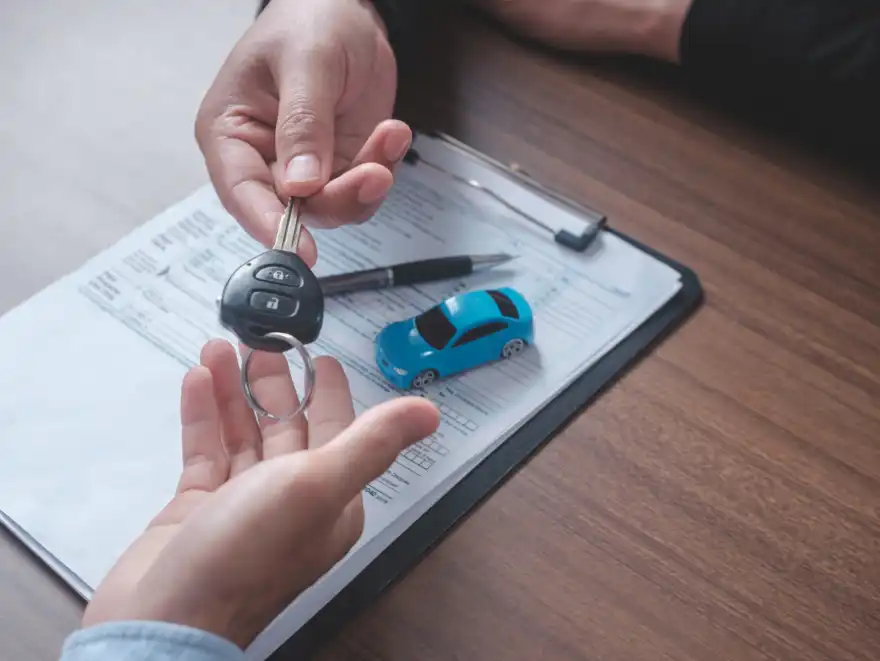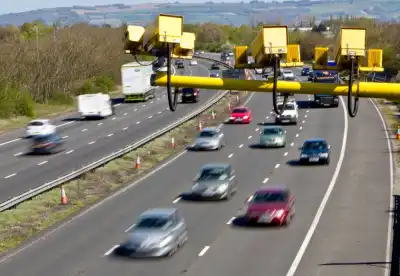
What is car leasing?
Car leasing is akin to renting or leasing any other item. Similar to renting a house or apartment, you pay a deposit and then utilise the car for a predetermined period, making fixed monthly payments. Once the lease term concludes, the car is returned to the leasing company, similar to how a rented property reverts to the landlord.
The car leasing process involves agreeing on an annual mileage, and you make a fixed monthly payment, often with an initial larger payment acting as a deposit. Lease terms, such as a 24-month contract indicated as 6+23, mean the first monthly payment is six times the regular amount (e.g., £900 upfront for a £150/month deal, followed by 23 monthly payments of £150).
You never own the car or have the option to purchase it. At the lease end, the car undergoes inspection, and you may incur charges for damages, though normal wear and tear is typically accepted. Additional fees may apply if you exceed the agreed annual mileage.
How does leasing work?
Typically, you lease a car from a finance company or directly from a manufacturer. While car leasing used to be primarily arranged through dealerships, many providers now operate online. The lease terms and costs depend on your chosen make and model, anticipated mileage, and the duration of the lease.
Throughout the lease, the car remains the property of the finance company. As new cars depreciate rapidly, the leasing pricing model factors in the expected depreciation and adds a profit margin. Leasing companies often acquire multiple cars simultaneously, reducing their buying costs, leading to lower depreciation, and making leasing deals for specific models competitively priced.
Is leasing cheaper than buying?
While cars generally depreciate and may not be considered good investments, buying allows you to recoup some money when selling. In contrast, leasing results in having nothing at the end of the term. The crucial consideration is whether the total lease payments are lower than the combined costs of buying, including the purchase price, interest, and expected resale value. If leasing costs less, it provides a financially efficient way to access a new car without tying up cash, but if buying is more economical, ownership may be the better choice.
Check out Regit's leasing deals here.




